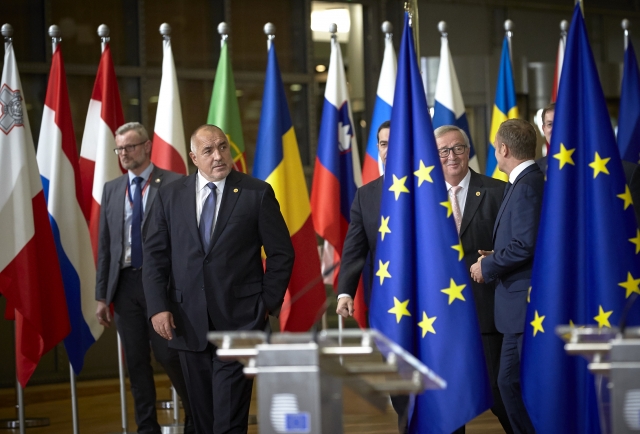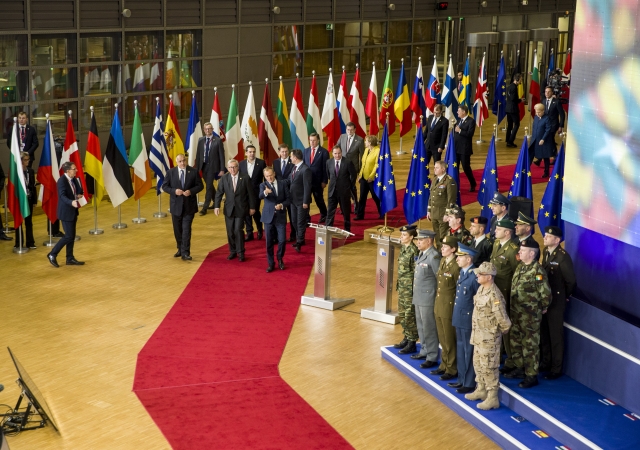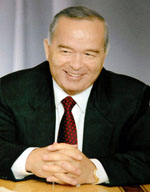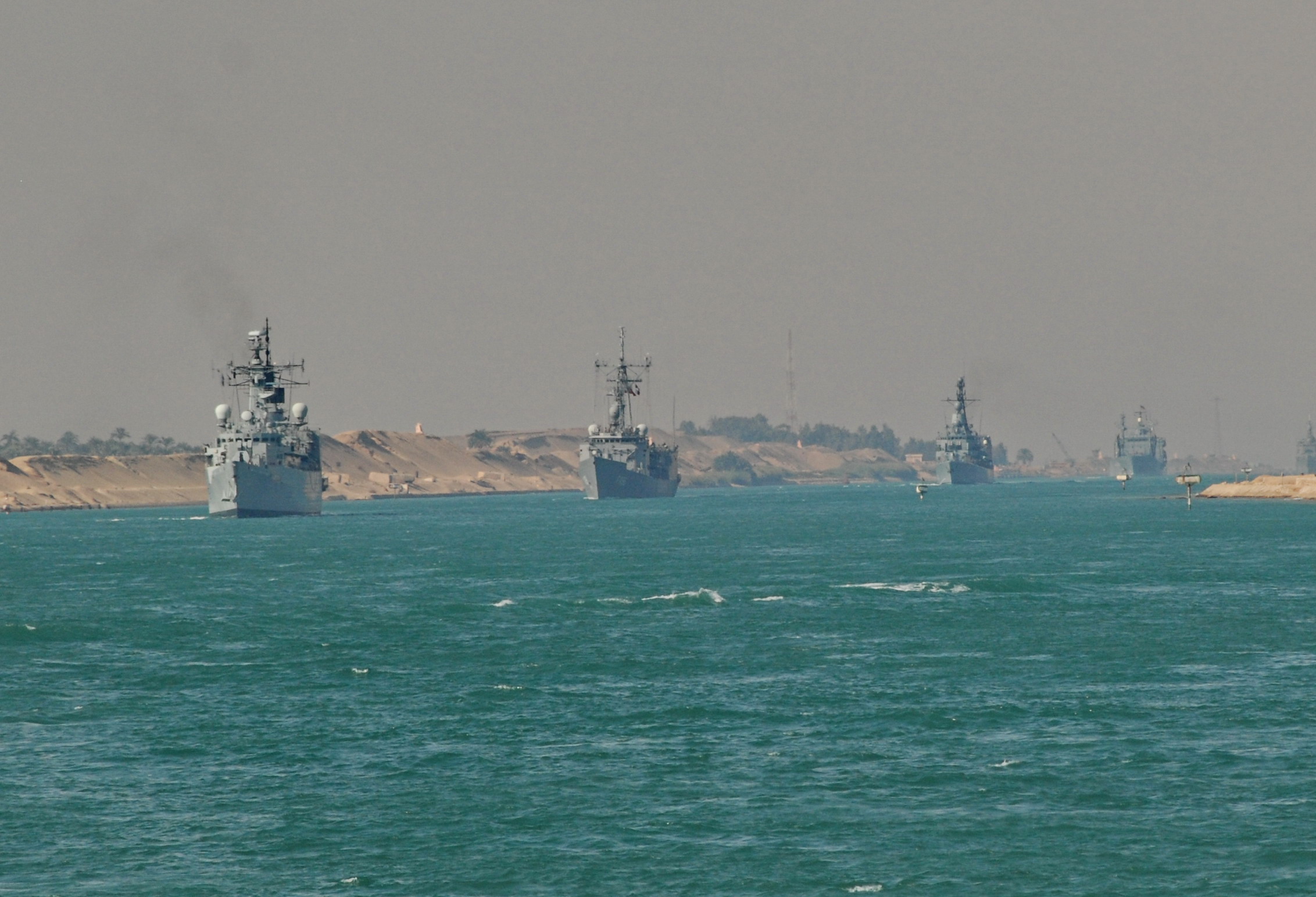Europe charts its course without the British

(B2) Europeans have mourned the United Kingdom. And they are now looking for their future, at 27. The summit meeting of European leaders, at 28 on Thursday (December 14), at 27 on Friday (December 15), proved it. Between agreements and disagreements, the "Chefs" now want to address all subjects, without taboos, with one keyword: unity.
It is astonishing to observe the evolution, in a few years, to see certain dissensions vanish. What gave rise to 'energetic' discussions at past summits have today become factors of consensus, 'A points' as it were in a council of ministers. This is the case of defense or Russia. Other subjects have become, on the other hand, tense, because they were not managed in time, perhaps.
1. European defence: an astonishing consensus
A few years ago, this subject aroused endless tussles. Today, consensus is in order. At the end of a preparation, carried out at a brisk pace in recent months by the Franco-German couple, supported by Rome and Madrid, almost all the countries (except Malta) have decided to create the Permanent Structured Cooperation (or PESCO) , a kind of defense Eurozone (read: PESCO (Permanent Structured Cooperation) on the podium). 17 “structuring” projects will be launched, from medical command to a deployable headquarters in the event of disasters, including armored vehicles, an underwater drone or cyber-defense teams. Even the United Kingdom did not object, hoping to participate in the future... (Read: PESCO will include 17 projects. The final list. Details project by project). It's a " giant step underlined German Chancellor Angela Merkel during a joint press briefing with Emmanuel Macron.
2. Migration: in search of a solution
The migration crisis of 2015 left its mark. The 28 are far from united on the issue. And it will take more than a dinner to find consensus. Eastern European countries are up in arms against the introduction of mandatory relocation quotas deemed too restrictive and ineffective. The talk was " stormy conceded Czech Prime Minister Andrej Babiš, for whom this was the first meeting. But it was useful, according to several diplomats. Compromises are emerging. The '28' have given themselves until June to find a solution. " Internal solidarity is essential. We cannot limit solidarity at the level of international interventions indicated the French president.
3. Brexit: the divorce is consummated
The 27 Heads of State and Government noted this with Britain's Theresa May. They agree on three key points of the divorce: citizens' rights, Northern Ireland and the British cheque. Surprisingly, the Europeans rallied behind Michel Barnier, the EU's chief negotiator. And London got its money's worth. All his attempts at diversion have come up against a rock. The second phase of negotiations is now beginning. More difficult ! This is to determine the framework of the future relationship between the island and the mainland. It will be “the true test of our unity”, believes Donald Tusk the President of the European Council.
4. The future of the euro area
France wants the Euro Zone to be more structured politically, with its own budget and a finance minister. Needless to say, this desire is not shared. All eyes are on Berlin. But, for lack of government, the German Chancellor, Angela Merkel, could not really engage. She made a gesture of goodwill. " This is the right time for structural reforms and the future development of the Economic and Monetary Union » she pointed out. Appointment is made in March to discuss it again.
5. The Europe of education is progressing
The 27 have agreed to extend the Erasmus programme, create a " European student card and promote the emergence, by 2024, of around twentyeuropean universities », able to compete with their Anglo-Saxon counterparts.
6. Relations with Russia: this is no longer a subject of debate
The point had previously sparked lively discussions. The leaders were divided on the need to impose sanctions vis-à-vis Russia. The visit of the Ukrainian leader Petro Poroshenko was often required to convince the undecided of a real situation of conflict in the East of his country. This time, the subject passed in a few minutes during the summit. A proof of unity...
(Nicolas Gros-Verheyde)
Completed version of an article published in Sud-Ouest, December 20, 2017.


